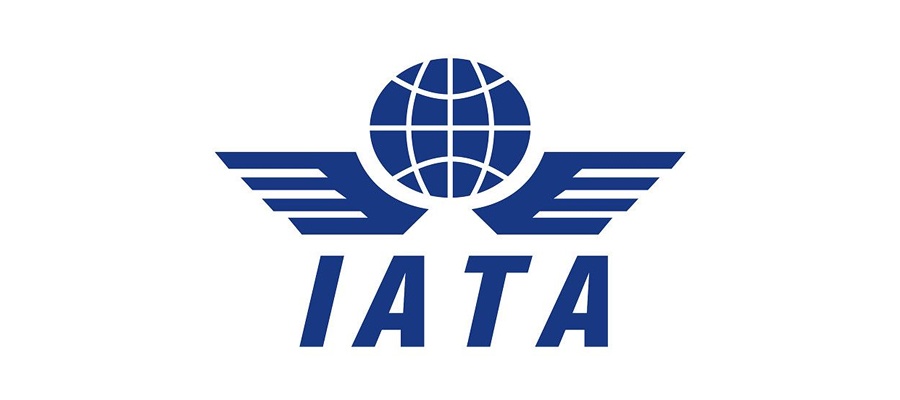The International Air Transport Association (IATA) has published its January 2019 Airlines Financial Monitor report. During the period, IATA states that financial markets continue to be uncertain about the prospects for airline earnings, following the fall in oil prices, with swings of airline share prices both up and down in recent months. During January airline share prices moved up in line with the market. Financial performance started to show signs of improvement in first releases of 2018Q4 data. The US airlines experienced a much slower decline in operating margins, with a fall of 0.8% in the year to Q4, compared to falls of almost 3% in Q2 and Q3.
IATA notes that crude oil and jet fuel prices have been volatile recently; the former hovers currently around ~US$66/bbl, about 24% higher than in the beginning of the year, the latter is ~US$82/bbl. Current prices are still well below their peak seen in early October (~US$85/bbl & US$99/bbl for crude oil and jet fuel, respectively), but investors are not sure whether that is good or bad for airline earnings. The coming year will be an important test for the sustainability of airline profitability.
There was a modest rise in base fare yields in January, but the trend has been downwards, says IATA. That is not true for premium segment yields, through which airlines did recover some of the earlier rise in fuel and other costs. Ancillaries have been another mechanism for cost recovery, but these revenues are not in the IATA data. Guidance on yields for Q1 was positive, at least in the US.
One development adding to investor uncertainty about earnings sustainability is the peaking of load factors in early 2018. Load factors and aircraft utilization have improved substantially and made a major contribution to the improvement in profitability. As demand and traffic slowed last year, both passenger and freight load factors started to fall.

